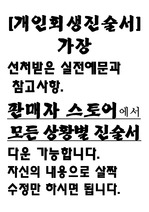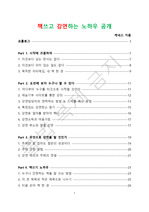Change Education
- 최초 등록일
- 2009.11.23
- 최종 저작일
- 2009.05
- 5페이지/
 한컴오피스
한컴오피스
- 가격 1,000원

소개글
교육 사회 - Change Education 원문
목차
없음
본문내용
With hindsight, socio-economic change during the 1980s seems to be so firmly linked to political perspectives that is hard to distinguish between the two. The economic crises of the 1970s had led both Conservative and Labour parties away from Keynesian economics and towards monetarist policies. Even before the election in 1979 of a Conservative government committed to expenditure cuts, the Labour government of 1974-9 had gradually started to tighten its budgets. The hope was that a reduction in public spending would help to reduce monetary inflation but, for a long time, inflation remained high whilst unemployment also increased. As unemployment reached 1 million, the Conservatives` 1979 general election slogan of `Labour isn`t working` was pasted over a picture of a long queue of unemployed people. Yet the willingness of Conservative governments to introduce more radical spending cuts resulted in even more dramatic rises in unemployment throughout the 1980s. Responses to the growing climate of individualism and competition (for jobs and material goods) varied. To many it was an almost indiscernible change, as old social norms drifted into new norms but, throughout the 1980s, there was also social unrest as many challenged the government`s policies and its authoritarian style. The decade started with urban street riots, which were followed in the mid 1980s by protests about the introduction of a poll tax and a lengthy period of strikes. The miners` strike (1984-5) may have attracted the most public attention but there were also strikes by many other workers, including teachers. Extremes of wealth and poverty were becoming more noticeable as it became easier to identify an underclass of the long-term unemployed. The nature of family life continued to change as the number of divorces and single-parent families continued to rise, many unmarried couples were living together (including openly gay couples) and more people experienced complex family networks consisting of step-parents, step-children and siblings with different parents. From the early 1980s onwards new fears about AIDS seemed to check a gradual movement towards sexual freedom and contributed towards a moral climate in which those who favoured economic liberalism still felt able to oppose sexual liberalism. New fears were also emerging about the environment, along with debates about risks
참고 자료
없음





